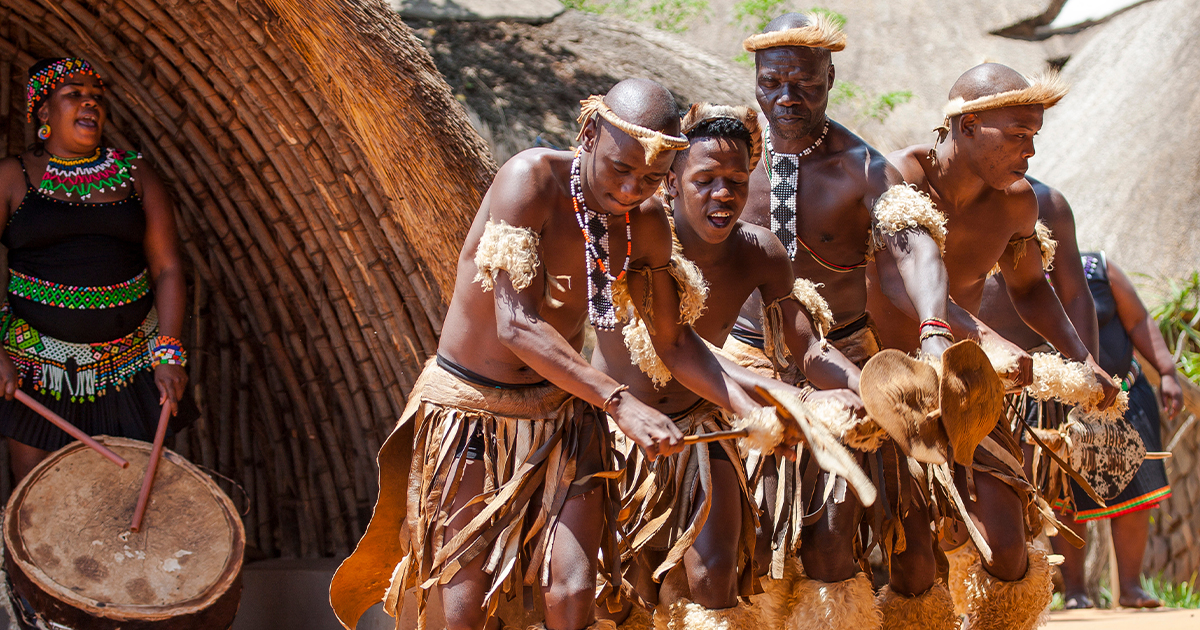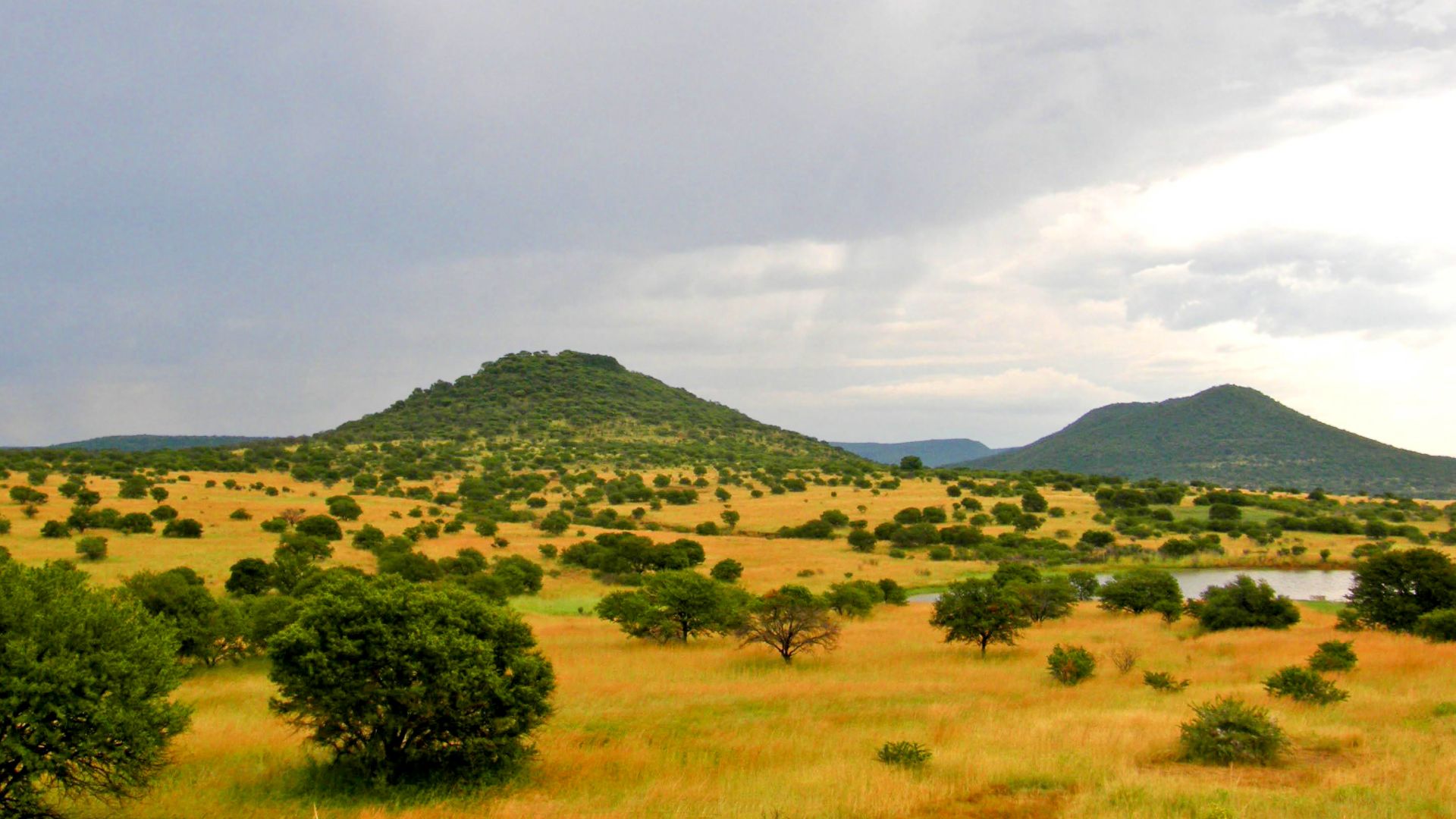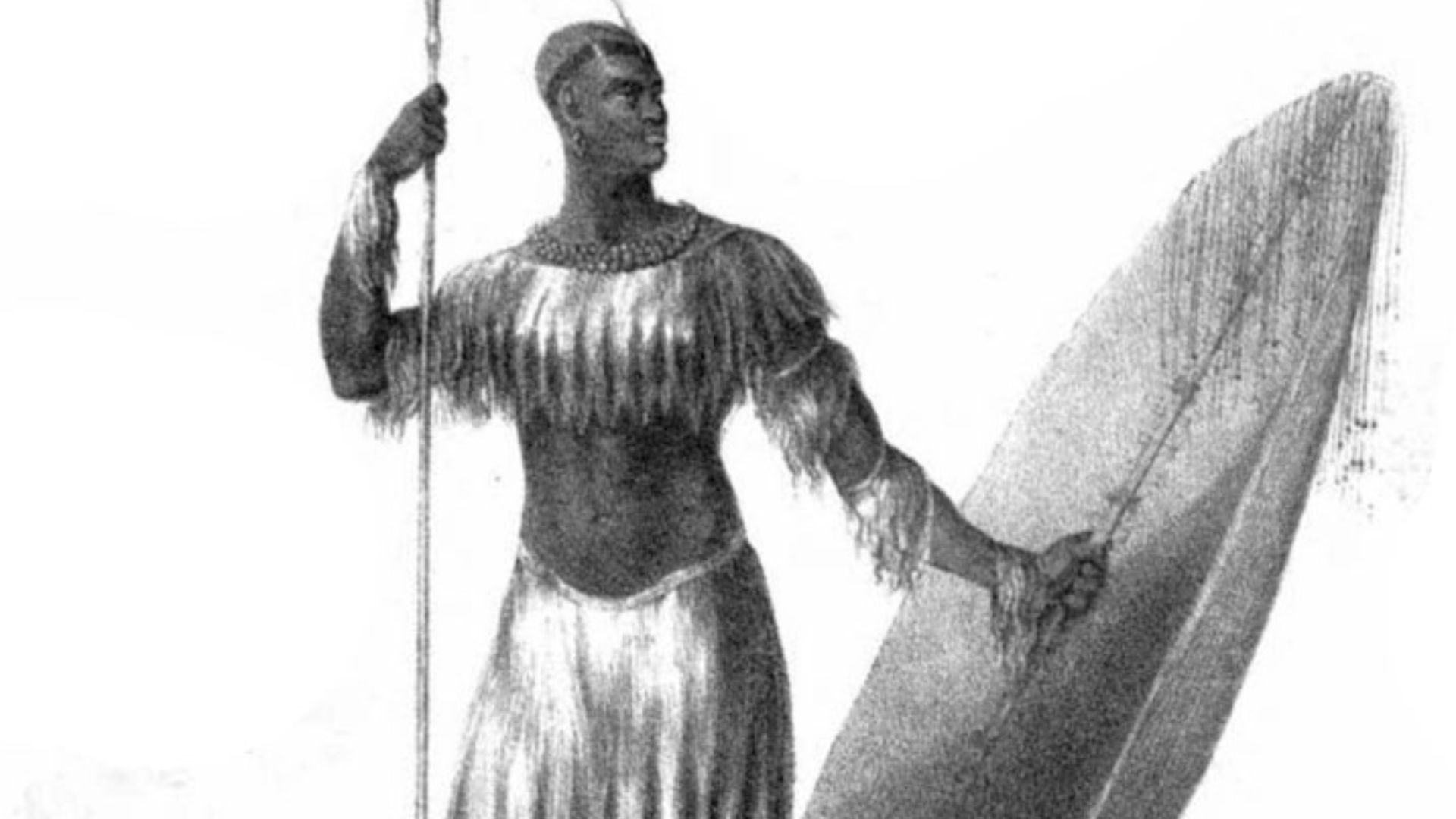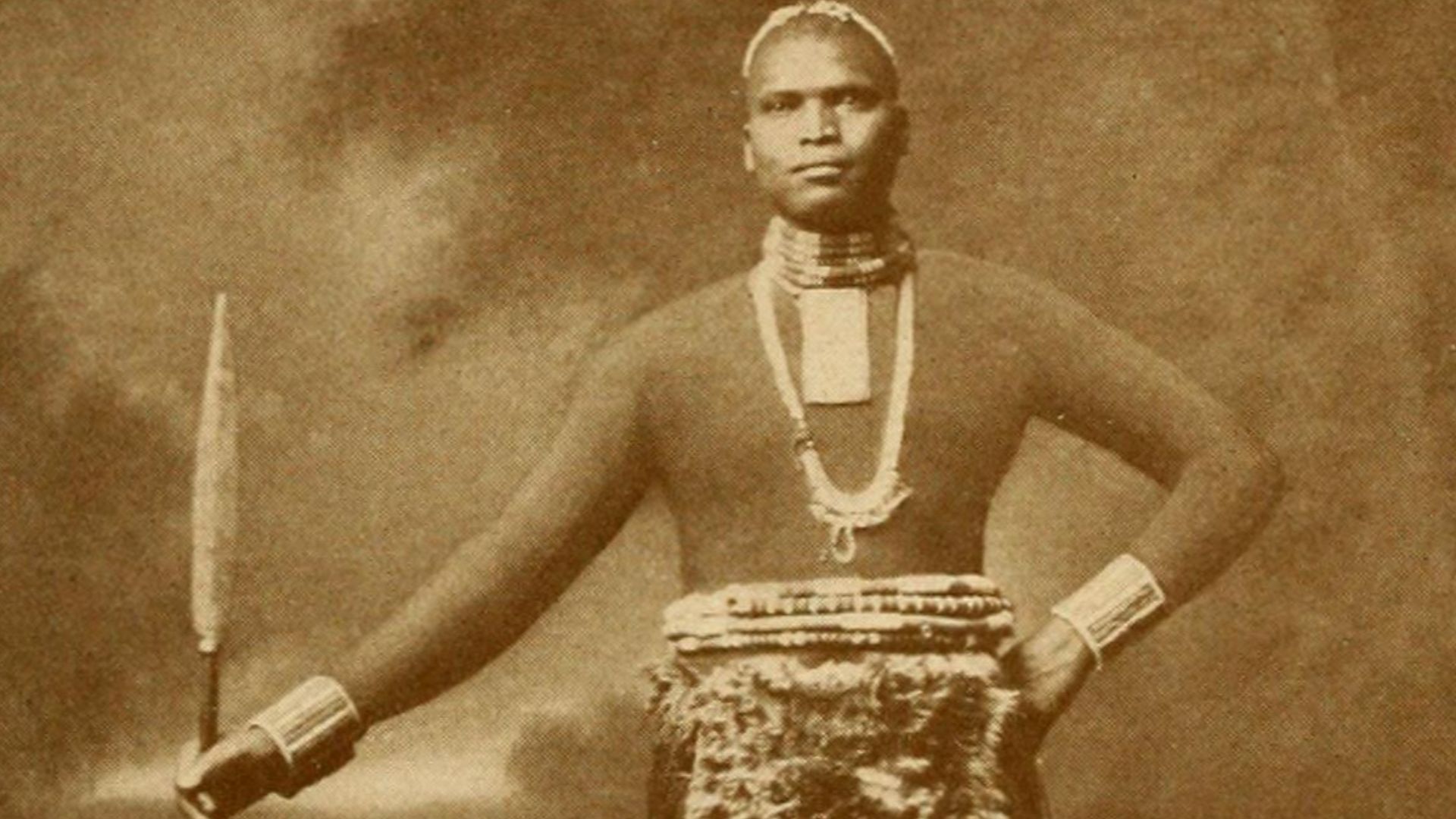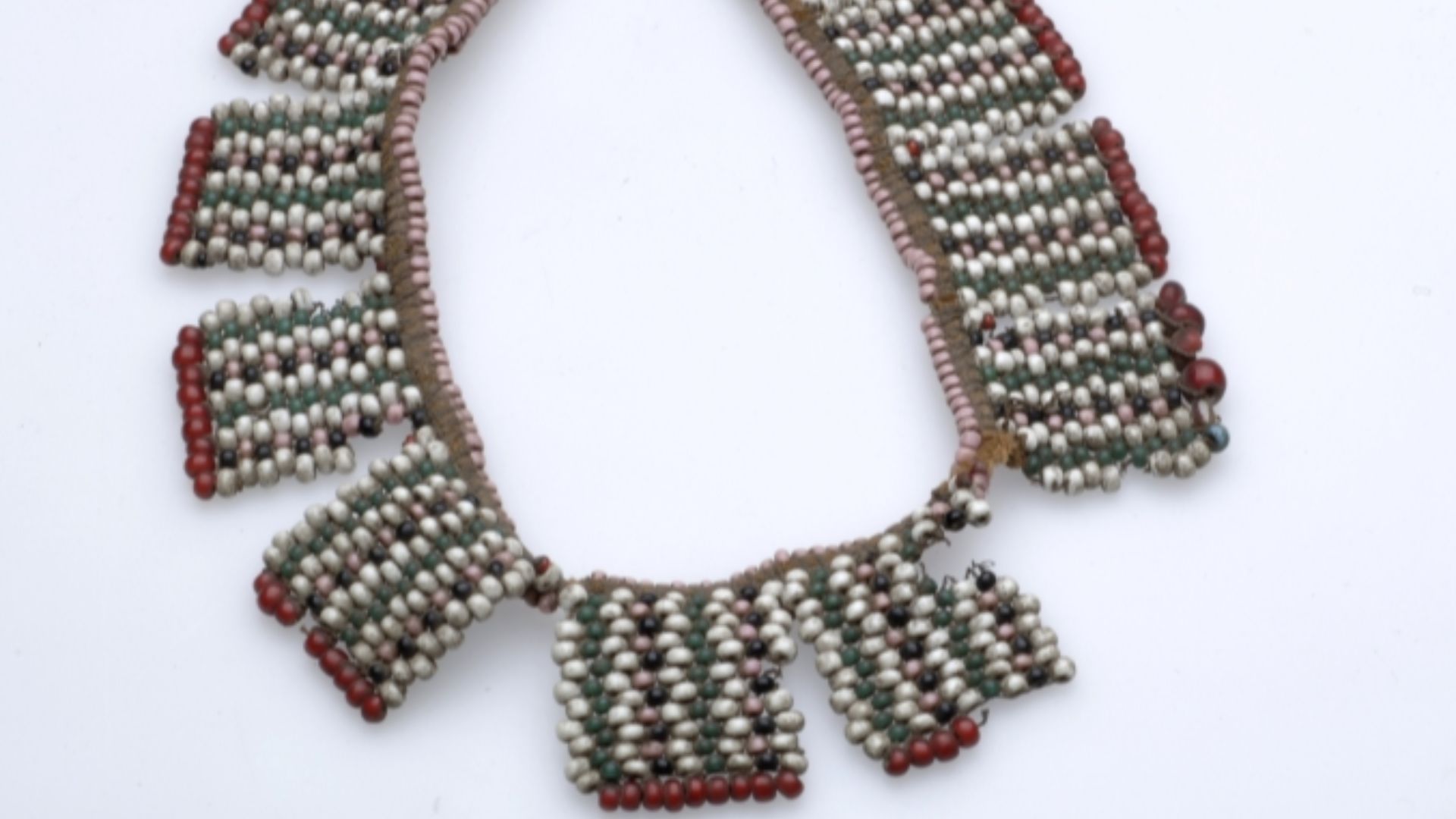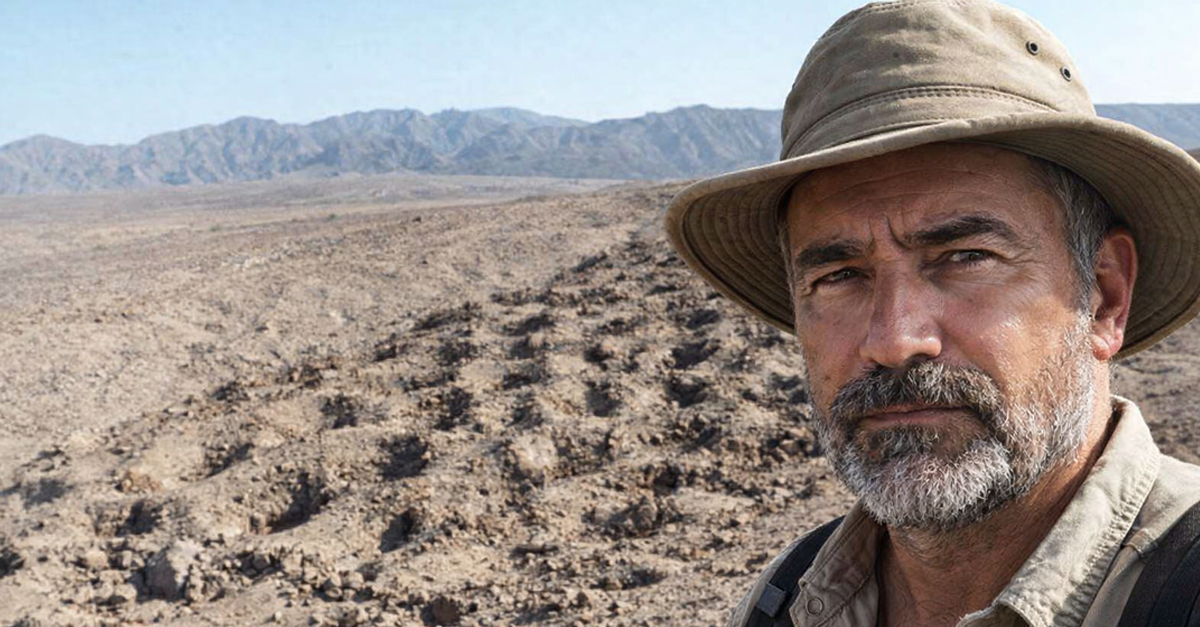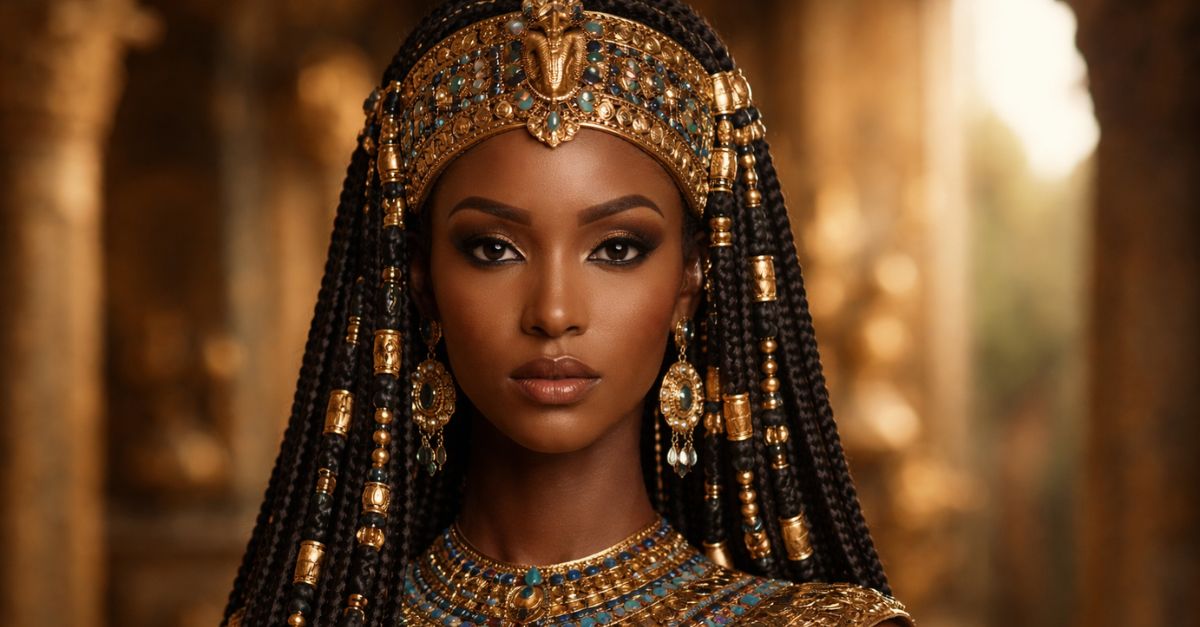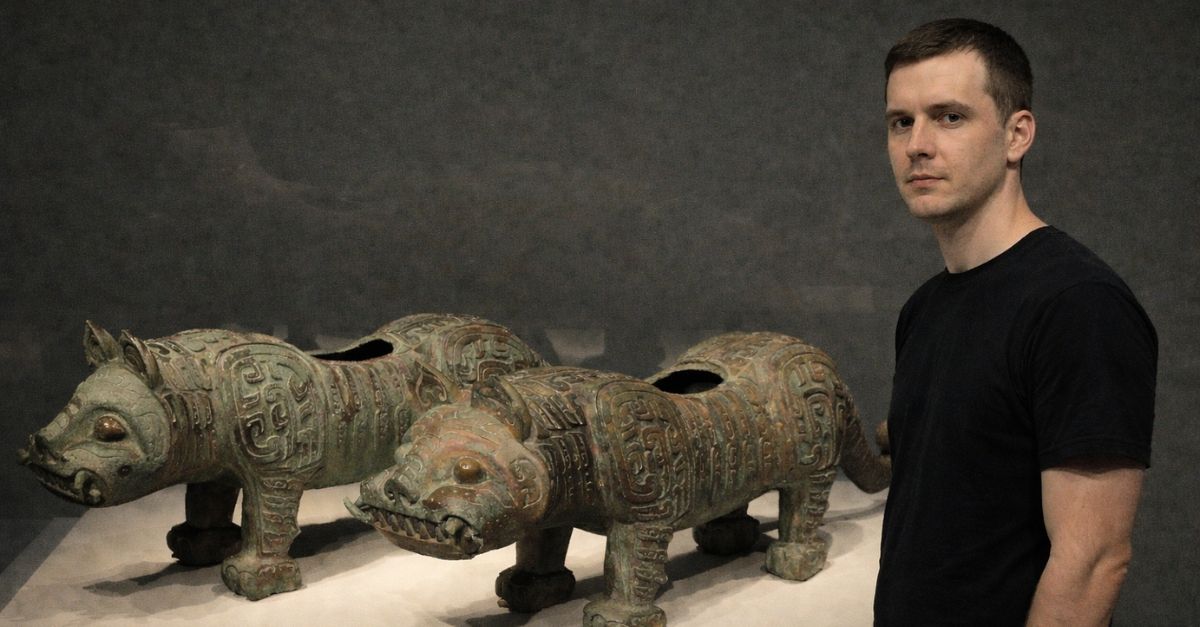A Kingdom of Warriors and Rhythm
Along South Africa’s eastern coast lies a land alive with sound, strength, and spirit. This is KwaZulu-Natal, home of the Zulu people—a tribe known across the world for its fearless warriors, vibrant traditions, and deep-rooted pride. From the battlefield to the dance floor, their story is one of resilience, rhythm, and roots that run deep.
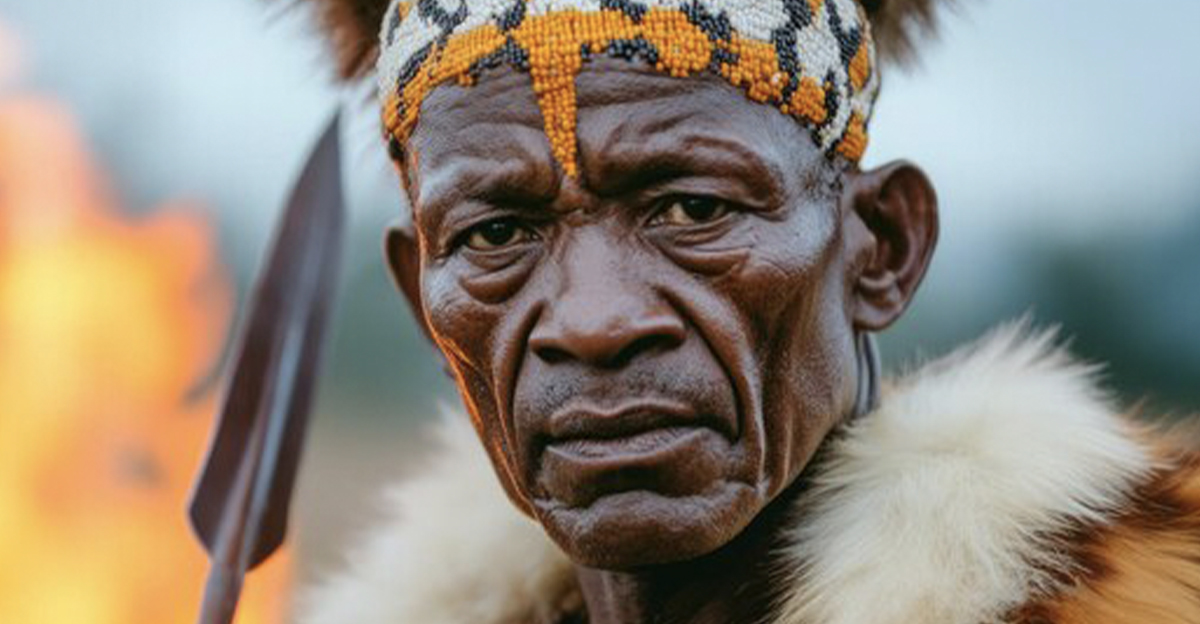
Where the Land Sings
The land here feels like it’s humming. Rolling hills, wild rivers, and the deep greens of the bush all blend together. The Zulu don’t just live here—they feel every inch of it. Rivers are sacred. Mountains are more than just rock. The earth has a voice, and they’ve been listening for generations.
The Legend of Shaka Zulu
Shaka wasn’t just a king—he was a game-changer. In the early 1800s, he turned the Zulu from a small clan into a powerful kingdom. With sharp minds and sharper spears, his warriors transformed how battles were fought. He taught them to move as one, strike fast, and think smarter than their enemies. The world would never see the Zulu the same again.
The Fearless Fighters
Shaka introduced the short stabbing spear, the iklwa, and a clever attack strategy called the “buffalo horn.” His men trained hard, ran barefoot over thorns, and became some of the toughest fighters in Africa. When the Zulu marched, the ground shook.
Respect Is Everything
Zulu life is built on respect. You greet elders properly. You don’t interrupt someone when they’re speaking. Wisdom matters here, and age brings honor. Families are close-knit, and decisions are made together. It’s not about one person—it’s about the whole clan.
 I Visited a Cultural Zulu Village in Zululand South Africa, Craig Howes
I Visited a Cultural Zulu Village in Zululand South Africa, Craig Howes
Beads That Speak
Zulu beadwork is more than just beautiful—it’s a language. Every color and pattern has meaning. Green might mean contentment. Red could mean heartbreak. Some necklaces even share whether someone is single, taken, or somewhere in between. It’s wearable storytelling.
Home Sweet Rondavel
Traditional Zulu homes, called rondavels, are round huts made with mud walls and thatched roofs. They’re cozy, strong, and built in a circle around the family’s cattle kraal. The setup keeps everyone close and the cattle safe—because cattle are everything.
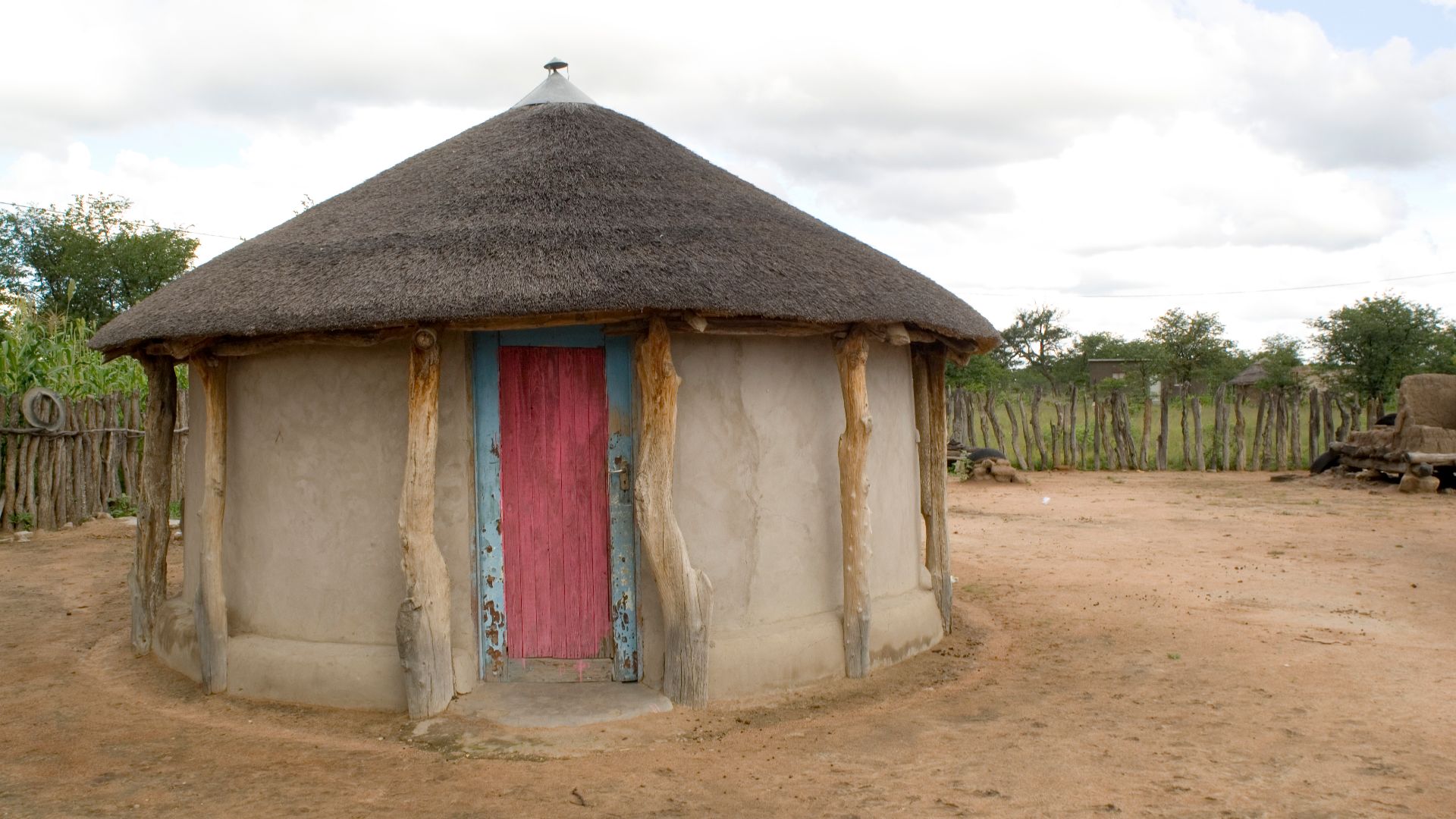 Peace Corps, Wikimedia Commons
Peace Corps, Wikimedia Commons
Cattle: More Than Livestock
Cattle aren’t just food—they’re family. They’re used in marriage deals, ceremonies, and as symbols of wealth. A man with many cattle is seen as successful. These animals are cherished and treated with serious care.
 Justinjerez, Wikimedia Commons
Justinjerez, Wikimedia Commons
Women Hold the World
Zulu women are the heartbeat of the home. They cook, farm, raise children, and carry tradition. Their roles are strong, sacred, and deeply respected. They also create much of the art—from weaving to beadwork—that keeps culture alive and vibrant.
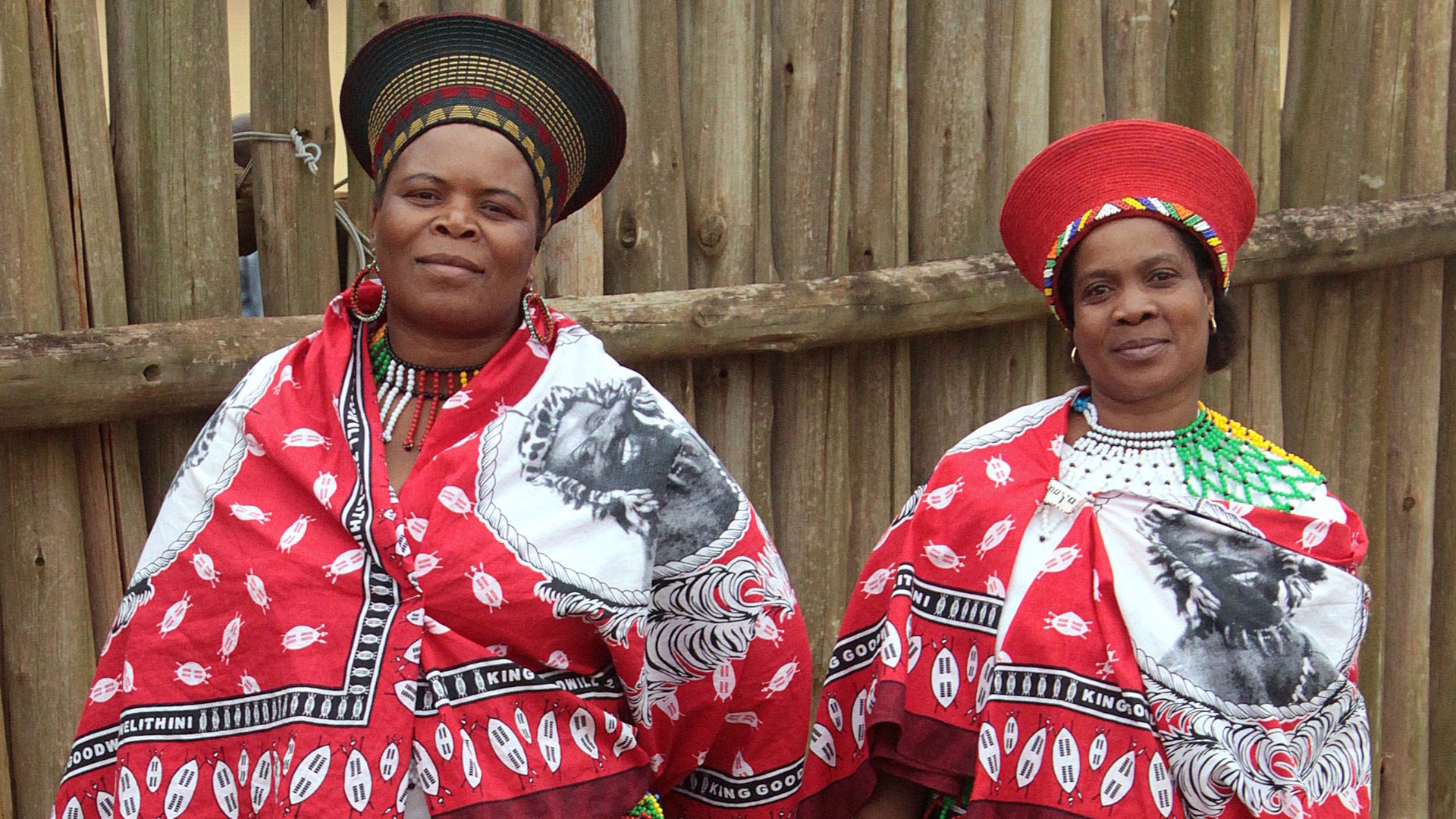 Retlaw Snellac Photography from Belgium, Wikimedia Commons
Retlaw Snellac Photography from Belgium, Wikimedia Commons
Music Everywhere
If you ever walk into a Zulu village, chances are you’ll hear music. Drums, chants, clapping, and dancing flow through the air. Songs are passed down like recipes, full of rhythm and meaning. Whether it’s a lullaby or a battle song, there’s always a story in the sound.
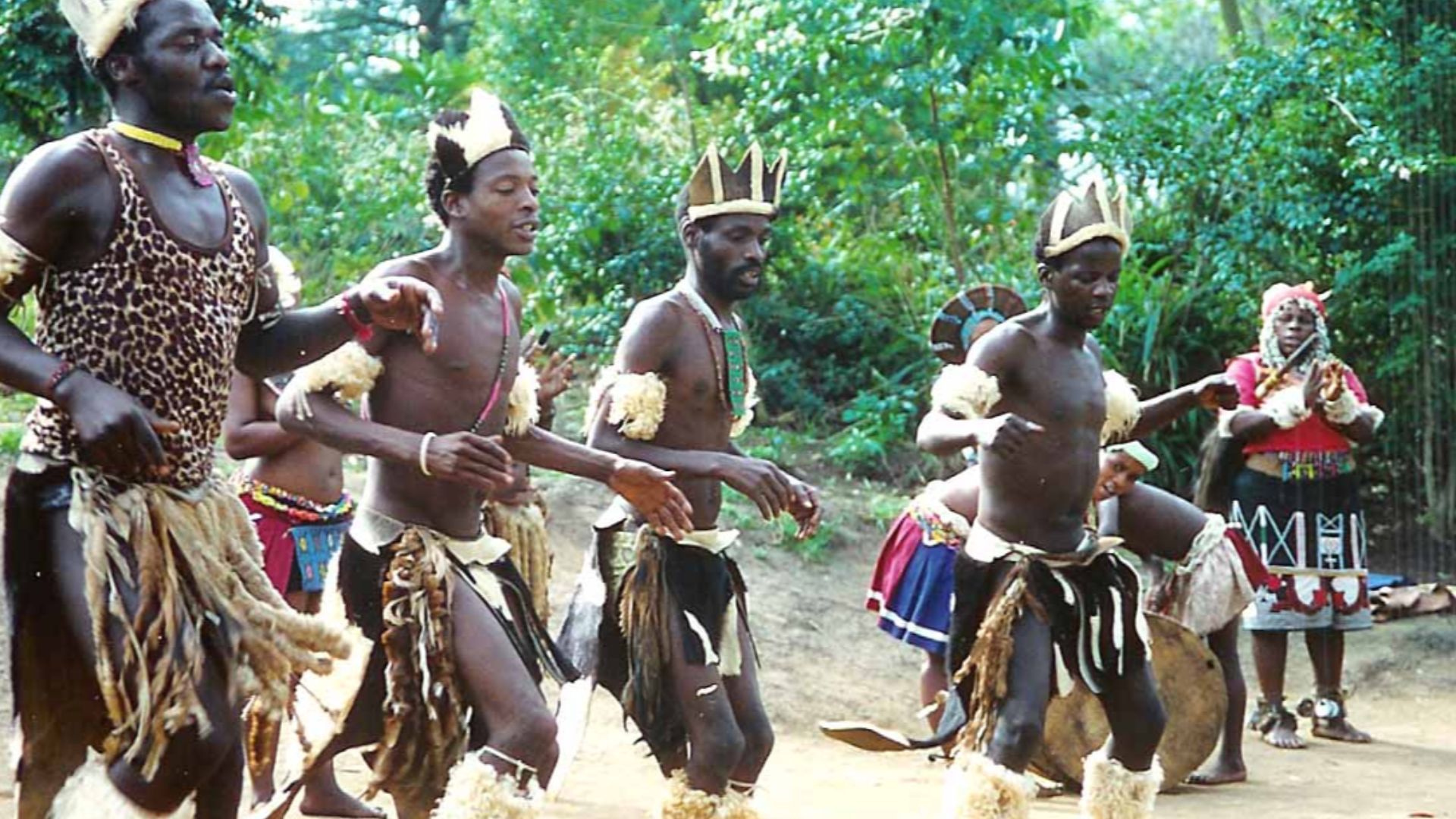 Ernmuhl at lb.wikipedia, Wikimedia Commons
Ernmuhl at lb.wikipedia, Wikimedia Commons
Ceremonies You Feel
Zulu celebrations are bold and unforgettable. There’s singing, dancing, feasting, and traditional dress that turns every ceremony into a visual feast. Whether it’s a wedding, harvest festival, or rite of passage, the energy is electric.
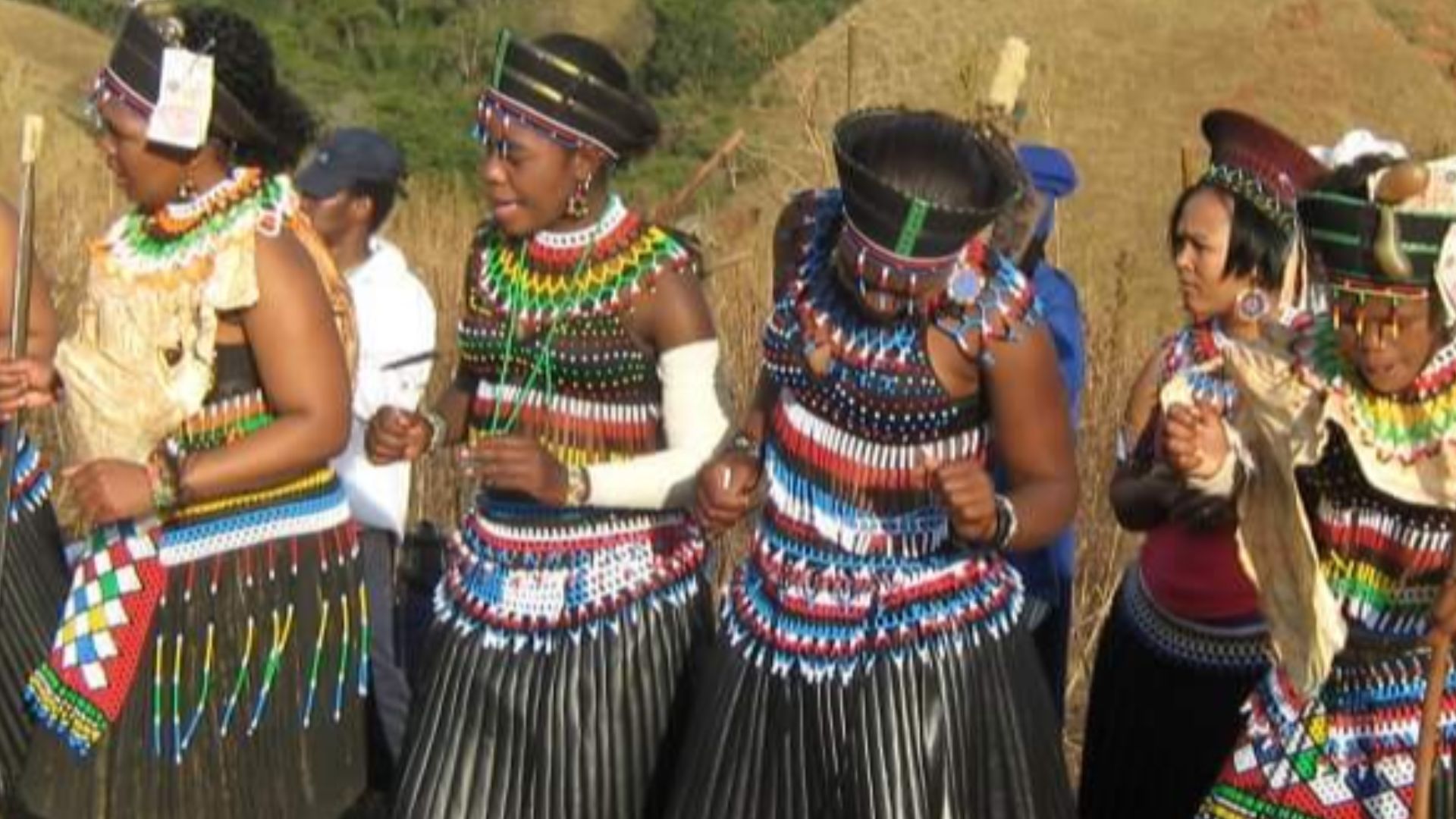 MduKhanyile, Wikimedia Commons
MduKhanyile, Wikimedia Commons
Talking to the Ancestors
The Zulu believe their ancestors are still close, always watching. They speak to them through rituals, songs, and offerings. If something goes wrong, people ask, “Are the ancestors upset?” These unseen family members still have a say in life’s biggest moments.
 Zulu Secrets Revealed: Dancing, Rituals, and Ancient Traditions, Tekweni
Zulu Secrets Revealed: Dancing, Rituals, and Ancient Traditions, Tekweni
A Language With Flow
IsiZulu is smooth, expressive, and filled with sounds that roll, click, and hum. It’s one of South Africa’s most widely spoken languages and holds centuries of stories, wisdom, and heart.
 Learn isiZulu Greetings | Zulu for Beginners 🇿🇦 | zululessons.com, Zulu Lessons with Thando
Learn isiZulu Greetings | Zulu for Beginners 🇿🇦 | zululessons.com, Zulu Lessons with Thando
That Day at Isandlwana
In 1879, something happened that no one expected. The British army, armed to the teeth, faced off against Zulu warriors at Isandlwana. But the Zulu fought like thunder and won. It became one of the most shocking defeats for a colonial power—proof that courage could outweigh cannons.
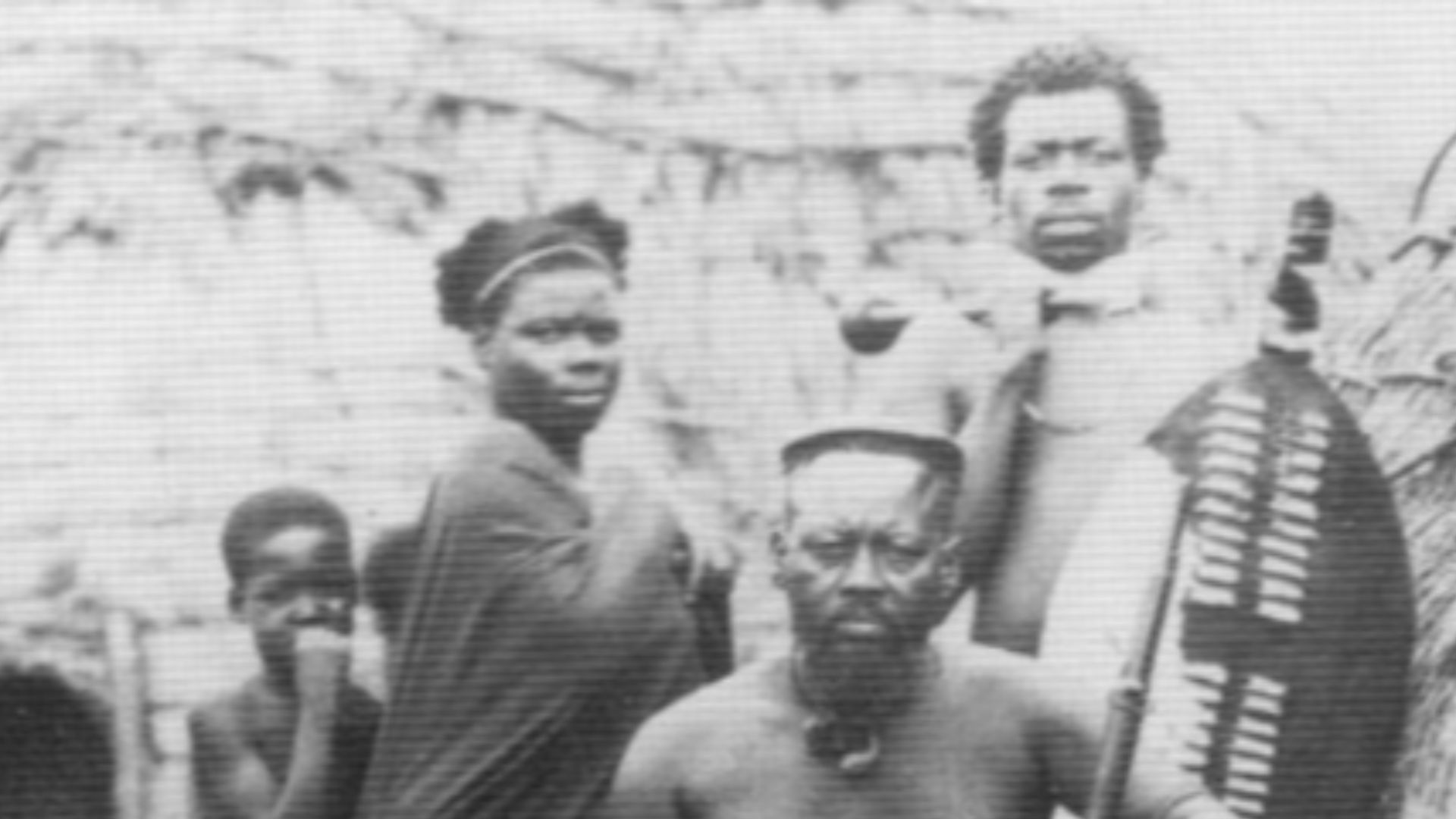 Unknown photographer (Life time: Unknown, but late 1800s.), Wikimedia Commons
Unknown photographer (Life time: Unknown, but late 1800s.), Wikimedia Commons
After the Smoke Cleared
Though the British eventually won the war, the Zulu spirit wasn’t crushed. They endured. They adapted. They kept their culture alive in quiet ways, even under outside rule. Today, that fire still burns.
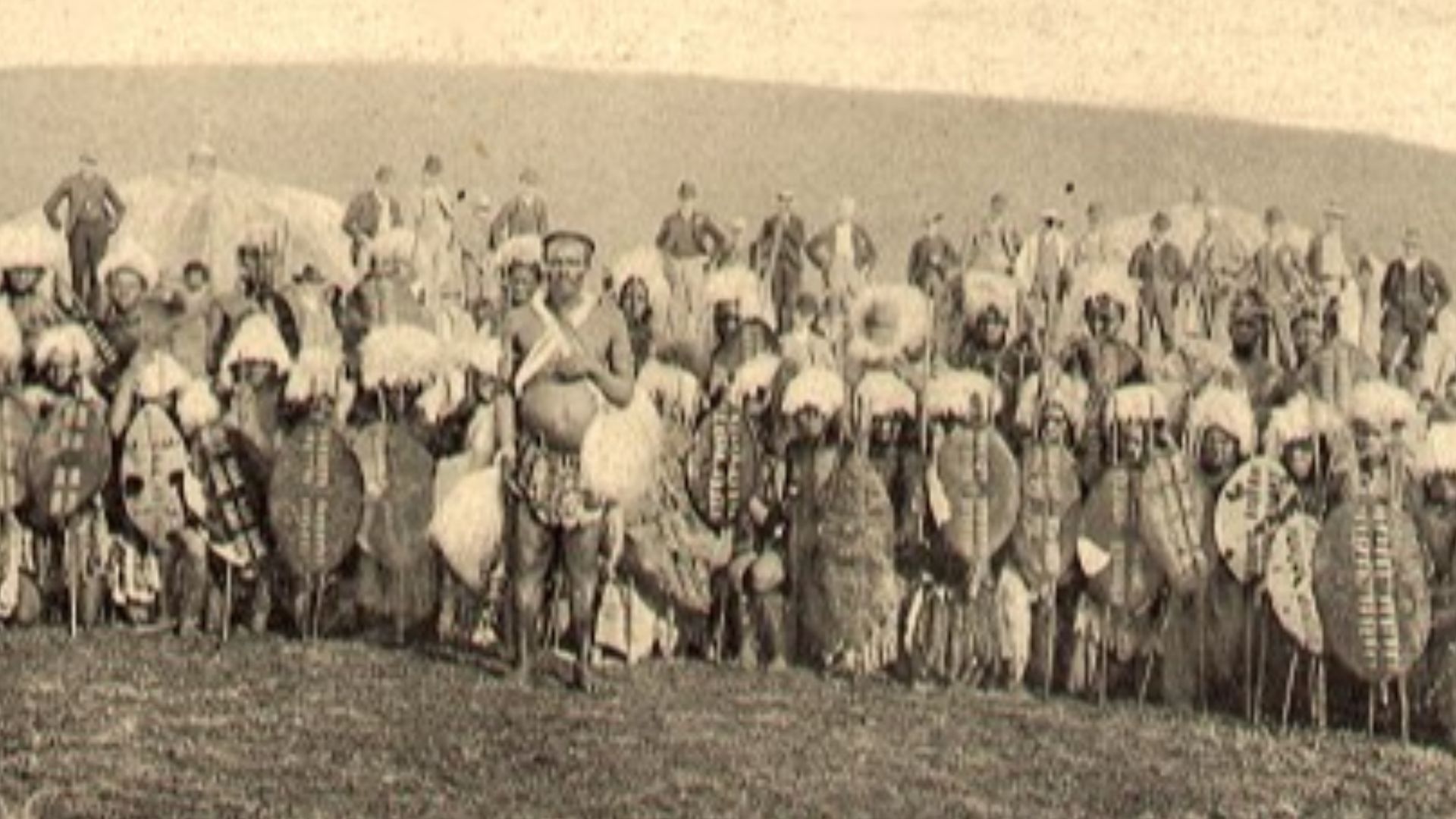 Unknown authorUnknown author, Wikimedia Commons
Unknown authorUnknown author, Wikimedia Commons
The Reed Dance
Every year, thousands of young Zulu women gather for the Reed Dance. It’s a celebration of pride, womanhood, and tradition. They carry tall reeds, wear colorful skirts, and dance in perfect rhythm. It’s a ceremony that draws crowds and honors generations.
 Umhlanga Reed Dance 2022, Buhle Betfu
Umhlanga Reed Dance 2022, Buhle Betfu
Cooking with Love
Zulu food is warm, filling, and straight from the land. Think maize porridge (called phuthu), spicy stews, and grilled meat cooked over open flames. Meals are shared, and there’s always enough to go around.
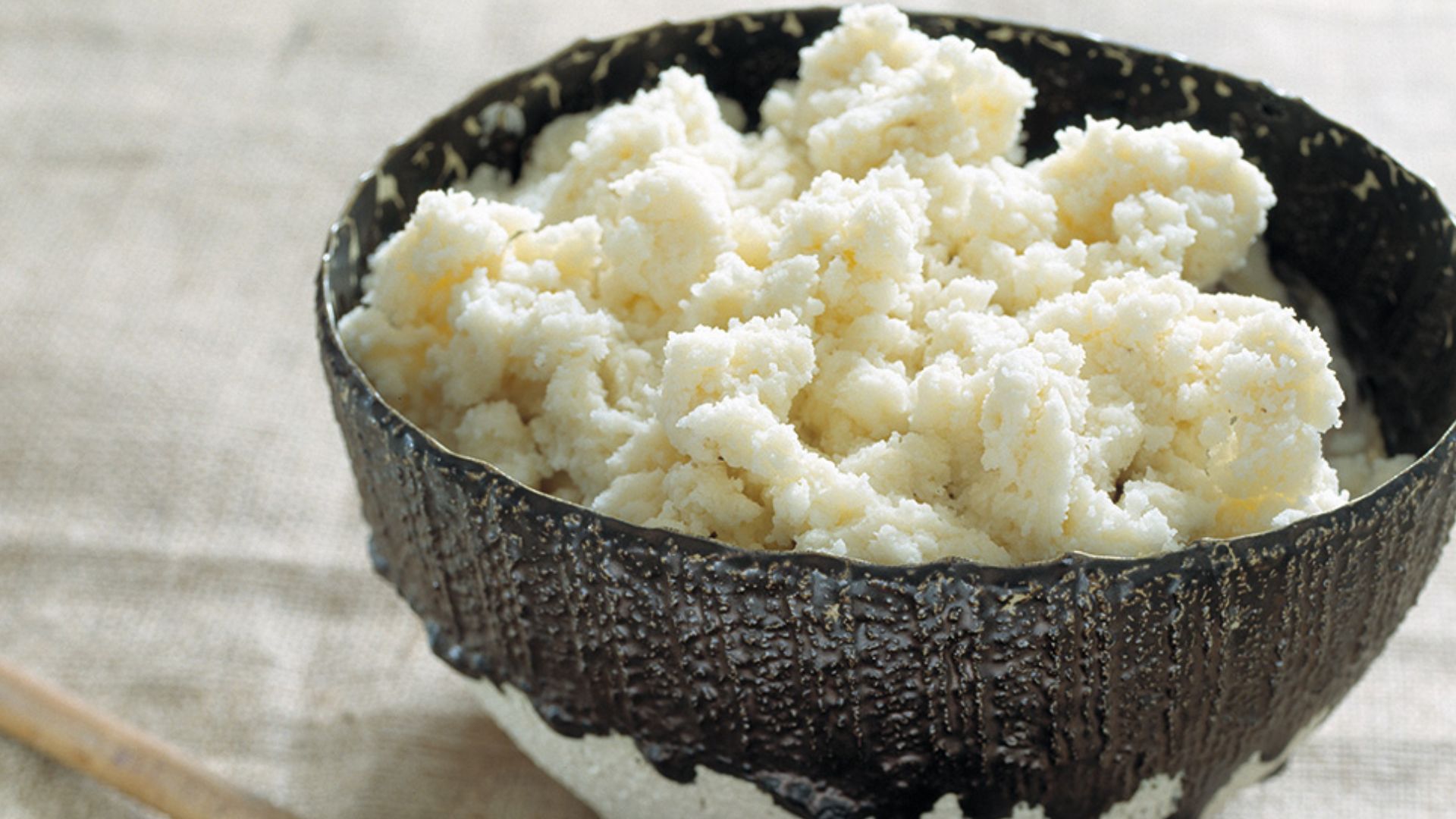 Craigfraser, Wikimedia Commons
Craigfraser, Wikimedia Commons
The Village Healers
Sangomas are the tribe’s spiritual doctors. They know which plants heal wounds and which dreams mean danger. People visit them for blessings, advice, and treatment. These healers carry the wisdom of the ancestors and the natural world.
Zulu Life Today
Millions of Zulu people live all across South Africa now. Some work in cities, others still live in rural homesteads. But wherever they are, the culture follows. From politics to music to street fashion, Zulu pride is everywhere.
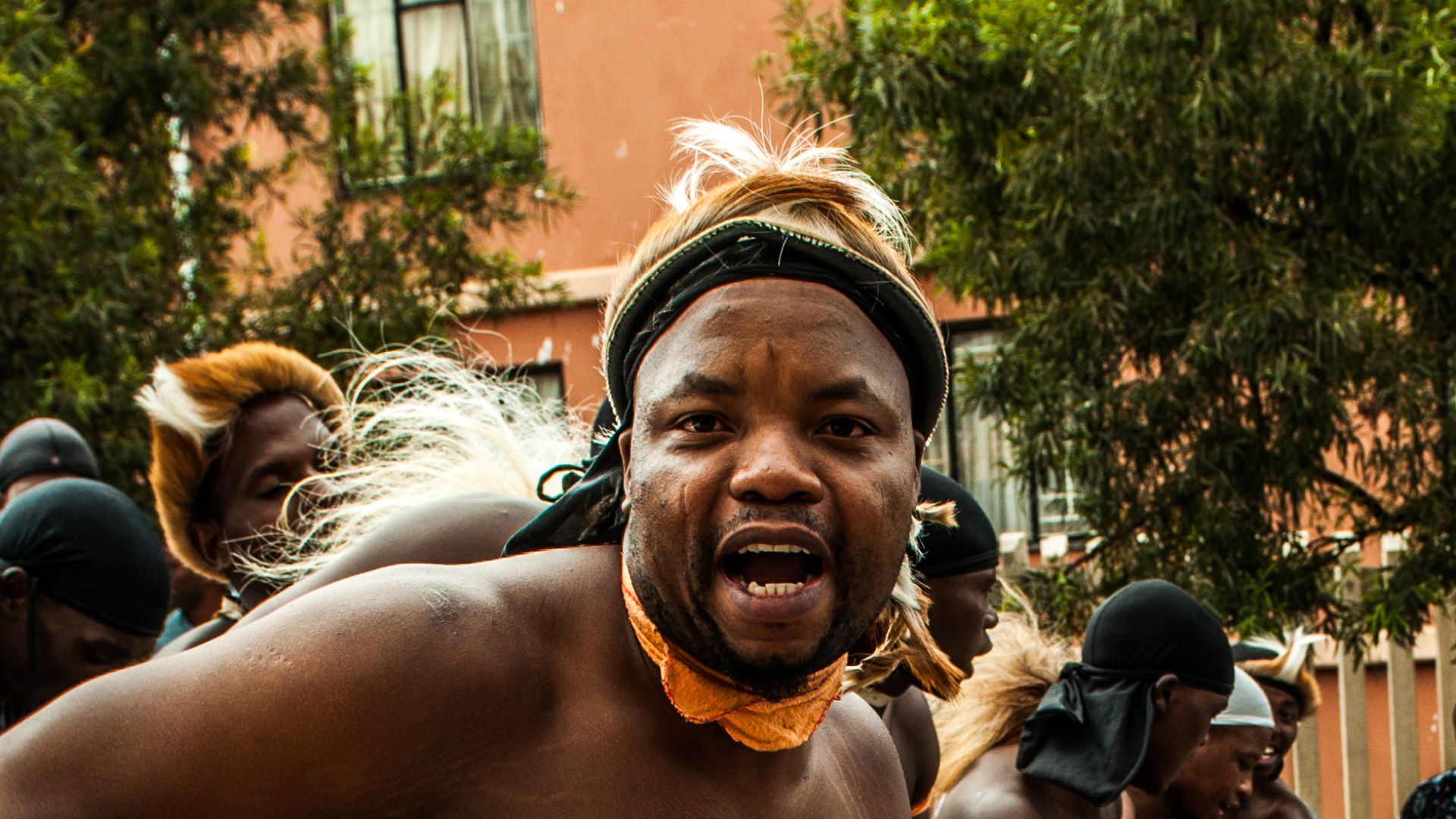 Tshepo Rachidi, Wikimedia Commons
Tshepo Rachidi, Wikimedia Commons
Dance Before the Hunt
Before Zulu hunters set off, they don’t just grab their spears and go. They dance. It’s part ritual, part hype-up. The foot-stomping and chest-slapping get the blood pumping and connect them to their ancestors. It’s how they say: “We’re ready.”
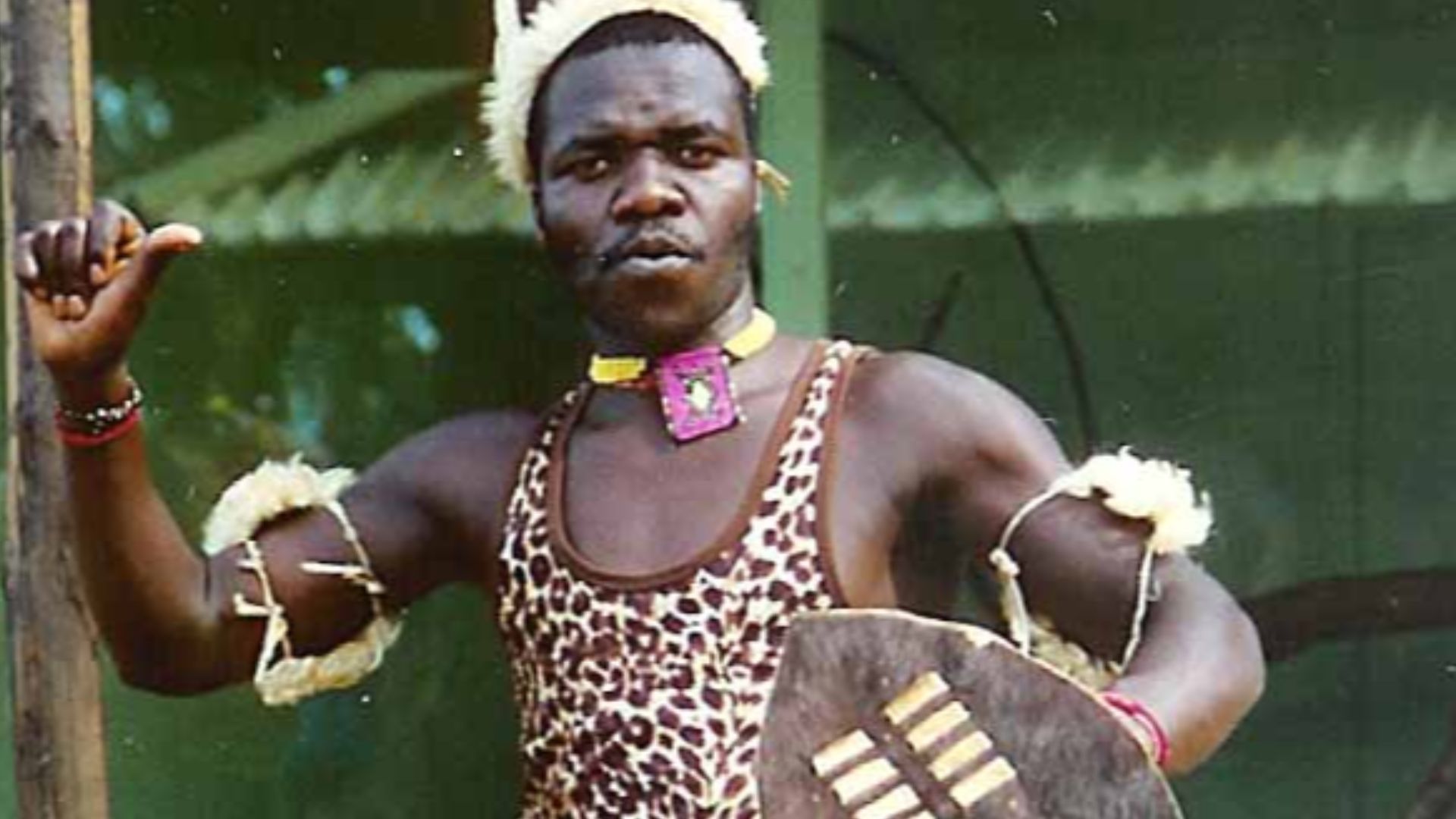 Ernmuhl at lb.wikipedia, Wikimedia Commons
Ernmuhl at lb.wikipedia, Wikimedia Commons
Still Standing Strong
The Zulu of KwaZulu-Natal have lived through war, colonization, and modern change—but they’re still here, still vibrant. Their dances echo through valleys, their songs remember the past, and their beads still speak truths. They are more than a tribe—they’re a people with a story that keeps on going.
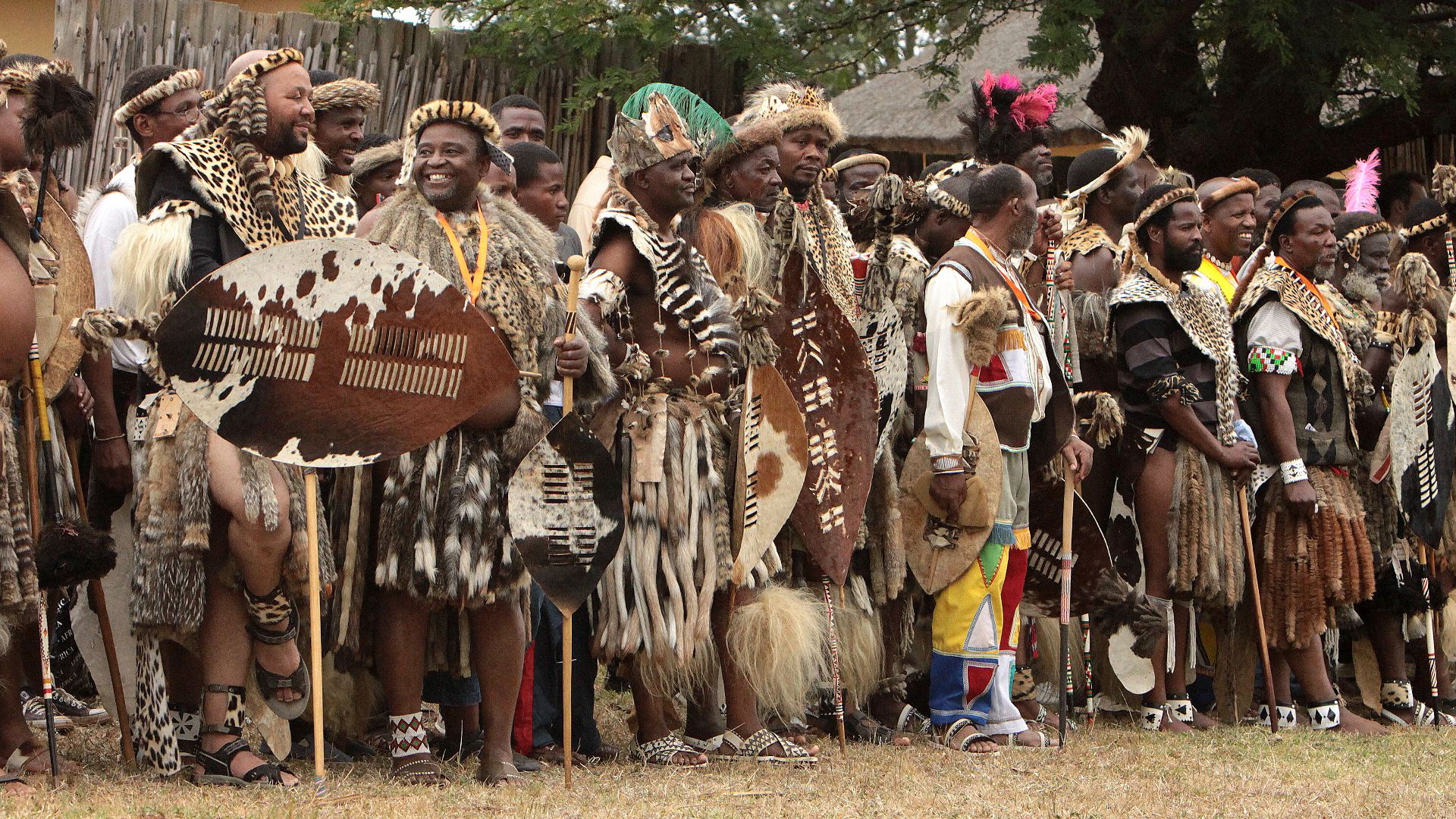 Retlaw Snellac Photography from Belgium, Wikimedia Commons
Retlaw Snellac Photography from Belgium, Wikimedia Commons
You May Also Like:
The Native American Tribe Who Led The Most Impressive Retreat In History
Blackfoot Nation: The Most Aggressive Tribe in North America
Historical Photos Of The Unyielding Tribe That Refused All Peace Treaties

